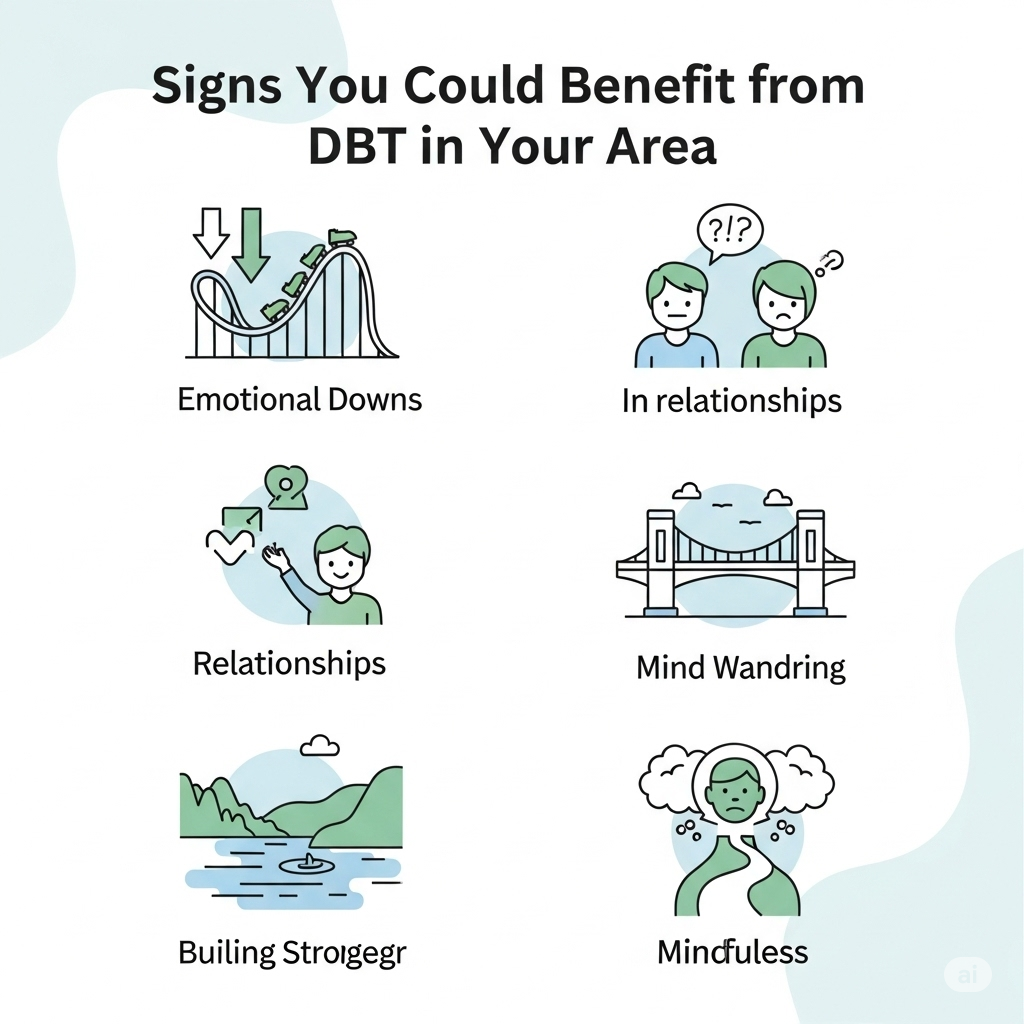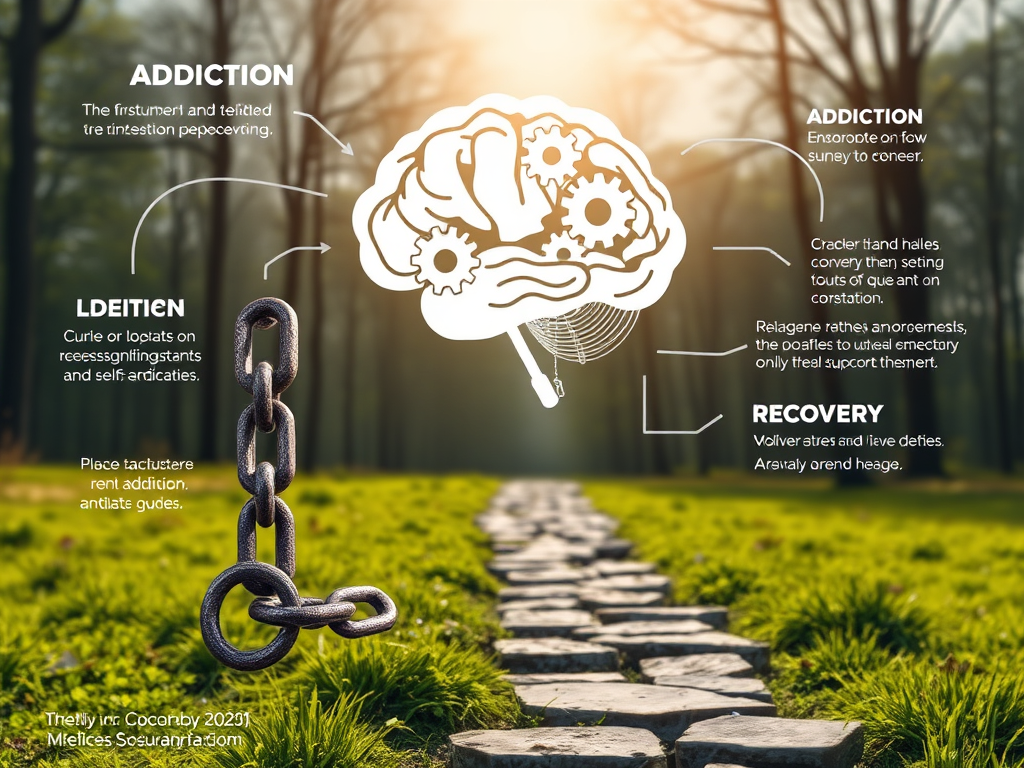Signs You Could Benefit from DBT in Your Area

Ever feel like you’re doing everything you can to hold it together but it’s just not enough? You might be showing up, trying hard, pushing through and still, the same emotional struggles keep surfacing. If that sounds familiar, you’re not alone and it might be time to consider whether Dialectical Behavior Therapy (DBT) is the support you need.
Let’s walk through some key signs that DBT could make a meaningful difference in your life and how to take that next step if you’re ready.
What Makes DBT Stand Out from Other Therapies
DBT combines two big ideas: acceptance (meeting yourself where you are) and change (learning skills to steer life in a healthier direction). Developed by psychologist Dr. Marsha Linehan, DBT’s hallmark is a structured blend of individual therapy, skills‑training groups, and between‑session coaching.
Unlike talk only approaches, DBT hands you real‑world tools for real‑time crises so relief isn’t a someday promise but an everyday practice.
Emotional Red Flags You Shouldn’t Ignore
Not all warning signs are loud or obvious, some show up as quiet discomfort, subtle guilt or a constant feeling that something is just off. Here are some emotional red flags you should never ignore.
Rapid Mood Swings
If your feelings go from calm to chaos in seconds and linger longer than seems “normal,” DBT’s emotion‑regulation skills can teach you to slow that surge.
Impulsive Reactions
Impulsive reactions like cutting, eating, spending or using substances , impulsive behaviors provide quick relief but it comes with long lasting consequences. DBT teaches distress tolerance skills that help you sit with the urge without acting on it, giving you healthier ways to cope in the moment.
Enduring Hollow Feeling
Feeling hollow or “numb” can be just as painful as explosive anger. DBT guides you toward mindful awareness so you reconnect with genuine, balanced emotions.
When Relationships Feel Like Battlegrounds
Partners walking on eggshells? Friendships melting down over small slights? DBT’s interpersonal effectiveness tools show you how to assert needs, set boundaries, and still keep the people who matter close.
Signs It’s Time to Act
- Frequent break ups or estrangements
- Fights that escalate quickly and intensely
- Fear of abandonment driving desperate behaviors
If you nodded to any of these, DBT offers a roadmap to communicate without chaos.
Physical Clues Your Body Is Sounding the Alarm
Stress is sneaky, it can masquerade as migraines, stomach issues, and chronic fatigue. You may spend months chasing medical tests that come back “normal,” only to discover the culprit is unmanaged emotional distress. DBT’s mindfulness practice helps you tune into the body’s early warning whispers before they scream.
The Commitment Checklist: Are You Ready for Change
- Time Investment: Can you attend weekly sessions (individual and group) for six months or more?
- Homework Willingness: Are you ready to track urges, practice skills, and reflect in real life?
- Openness to Group Learning: Sharing space with others can feel vulnerable, yet it often accelerates growth.
- Crisis Coaching Need: If late‑night spirals derail progress, DBT’s phone coaching may be exactly the safety net you need.
Checking “yes” on most of these indicates you’re primed to benefit from DBT.
How to Find a DBT Program Near You
Finding the right Dialectical Behaviour Therapy program can feel overwhelming. Here are a few practical ways to locate a reliable DBT program near you,
Verify The Training
Ask potential therapists if they’re certified by recognized organizations like the Linehan Board of Certification or have completed comprehensive DBT training.
Consult Authoritative Resources
If you're still unsure whether DBT is right for you, it helps to explore trusted information. This guide on when to consider DBT near you breaks down what to expect, how to know if it’s a good fit, and how to find qualified providers in your area. It’s a great starting point if you’re looking for clear, human centered answers.
Explore Local & Virtual Options
Telehealth has expanded access dramatically. Many clinics now offer online skills groups; look for flexible programs that fit your lifestyle.
Final Thoughts
Change isn’t a bolt of lightning; it’s a series of small, intentional steps. DBT teaches you to take those steps with clarity and courage. If your inner alarm feels stuck on high alert, let this be the moment you reach for a proven toolset, and reclaim the calm, connected life you deserve.
Note: IndiBlogHub features both user-submitted and editorial content. We do not verify third-party contributions. Read our Disclaimer and Privacy Policyfor details.







